Customs Self-Assessment (CSA) is a voluntary program in Canada that aims to enhance the security and efficiency of the customs clearance process for trusted importers. CSA is administered by the Canada Border Services Agency (CBSA) and is designed to facilitate the customs clearance process for low-risk importers while maintaining a high level of security in the supply chain.
Key features of the Customs Self-Assessment program include:
Eligibility:
CSA is open to Canadian businesses that meet certain eligibility criteria, such as having a history of compliance with customs regulations, financial stability, and willingness to invest in the program.
Participation: Participation in the Customs Self-Assessment (CSA) program involves a collaborative partnership between companies and the Canada Border Services Agency (CBSA). This partnership is characterized by a shared commitment to security and compliance, and it includes the following key elements:
Voluntary Participation: CSA is a voluntary program, and companies that choose to join do so willingly. They recognize the benefits of the program in terms of streamlined customs clearance and enhanced security measures and voluntarily commit to its requirements.
Partnership with CBSA: When companies join CSA, they essentially enter into a partnership with the CBSA. This partnership is based on a mutual agreement between the participating company and the government agency. It signifies a shared responsibility for ensuring the security and compliance of the import and customs clearance processes.
- Commitment to Security and Compliance: As part of the partnership, companies commit to meeting and maintaining specific security and compliance standards set by the CBSA. These standards are designed to minimize security risks in the supply chain and ensure that customs procedures are conducted in accordance with regulations.
- Responsibility Sharing: The partnership involves a division of responsibilities between the CBSA and participating companies. The CBSA is responsible for overseeing the program, conducting validations, and providing guidance and support. Participating companies, in turn, are responsible for implementing and maintaining the required security and compliance measures.
- Customized Security Plans: Within the partnership, participating companies work with the CBSA to develop customized security plans tailored to their specific business operations and industry sectors. These plans outline the security measures and practices the company will implement to meet CSA standards.

- Mutual Benefit: The partnership is designed to be mutually beneficial. Companies benefit from expedited customs clearance, reduced inspections, and potential cost savings. In return, the CBSA benefits from having trusted importers who prioritize security and compliance.
- Ongoing Collaboration: The partnership is not a one-time commitment but an ongoing collaboration. Companies must continually meet the CSA requirements and work with the CBSA to address any evolving security or compliance challenges.
- Compliance and Security Culture: Joining CSA fosters a culture of compliance and security within participating companies. They are expected to instill these principles within their organizations, promoting a culture of vigilance and integrity in their import and customs clearance processes.
- Overall, the participation aspect of CSA signifies a joint effort to improve the security and efficiency of the customs clearance process. It recognizes that both the government agency and the private sector share responsibility for ensuring the integrity of the supply chain and promoting secure and legitimate trade. The partnership is key to the success of the program and aligns with the broader objectives of supply chain security and trade facilitation.

Trusted Importer Status:
CSA participants are granted “trusted importer” status. This status is an acknowledgment of their commitment to high compliance and security standards. It brings certain benefits and privileges, including expedited customs clearance.
Customs Compliance:
The element of “Customs Compliance” within the Customs Self-Assessment (CSA) program places a strong emphasis on ensuring that CSA participants maintain high standards of adherence to customs regulations and procedures. Here is a detailed explanation of this key aspect:
Robust Customs Compliance Procedures: CSA participants are expected to establish and maintain robust customs compliance procedures within their organizations. This involves having documented processes and practices that align with Canadian customs regulations. These procedures are essential for ensuring that import and customs clearance activities are carried out accurately and in accordance with the law.
- Accurate and Complete Records: Participants must maintain accurate and complete records of all import and customs-related activities. This includes records of goods being imported, invoices, bills of lading, shipping documents, and any other relevant documentation. These records are essential for demonstrating compliance with customs regulations and for audit purposes.
- Adherence to Customs Regulations: CSA participants are required to strictly adhere to Canadian customs regulations and laws. This entails ensuring that all import and export activities are conducted in compliance with the relevant laws, tariffs, and regulations. Failure to comply with these regulations can result in penalties, delays, and potential legal consequences.
- Timely Reporting: If any discrepancies or issues related to customs compliance are identified, CSA participants are expected to promptly report them to the Canada Border Services Agency (CBSA). This may include reporting incorrect declarations, errors in documentation, or any other customs-related issues. Timely reporting is critical for resolving issues and maintaining the integrity of the customs clearance process.
- Transparent Communication: Effective and transparent communication with the CBSA is essential. CSA participants should maintain an open line of communication with the agency to address any compliance concerns or questions, seek guidance when needed, and report any changes in their business operations that may impact customs compliance.
- Internal Compliance Culture: CSA encourages the establishment of a culture of customs compliance within participating companies. This includes educating and training employees on customs compliance procedures, responsibilities, and the importance of accuracy in customs documentation.
- Compliance Audits: The CBSA may conduct compliance audits to verify that CSA participants are maintaining compliance with customs regulations. These audits are part of the ongoing oversight process and ensure that companies continue to meet program requirements.
- Continuous Improvement: CSA participants are expected to continually assess and improve their customs compliance procedures and practices. This involves staying up-to-date with changes in customs regulations and making necessary adjustments to their operations to maintain compliance.
- Supply Chain Security: CSA participants are also expected to have strong supply chain security measures. They are encouraged to implement security practices that protect their supply chain from potential threats and vulnerabilities. This includes secure storage and transport of goods, tamper-evident seals, and personnel security measures.
- Expedited Customs Clearance: One of the primary benefits of CSA is the expedited customs clearance process. Trusted importers experience reduced inspection rates and faster processing times at the border. This results in time and cost savings for these companies.
- Ongoing Compliance and Review: CSA participants must maintain their commitment to security and compliance. The CBSA conducts periodic reviews and validations to ensure that companies continue to meet the program’s standards.
- Collaboration: CSA fosters collaboration and information-sharing between the CBSA and participating companies. This partnership allows for continuous improvement in security and compliance.
- Cost Savings: Companies that participate in CSA can benefit from cost savings due to reduced customs processing times, lower inspection rates, and fewer delays at the border.
- Competitive Advantage: CSA certification can provide a competitive advantage in the marketplace. It demonstrates a company’s commitment to security and compliance, which can be attractive to customers and partners.



